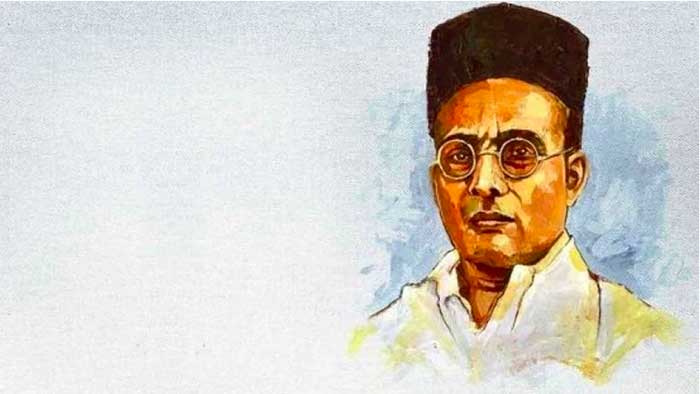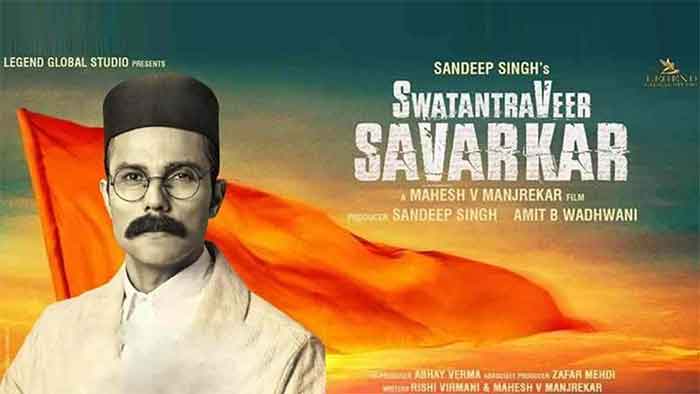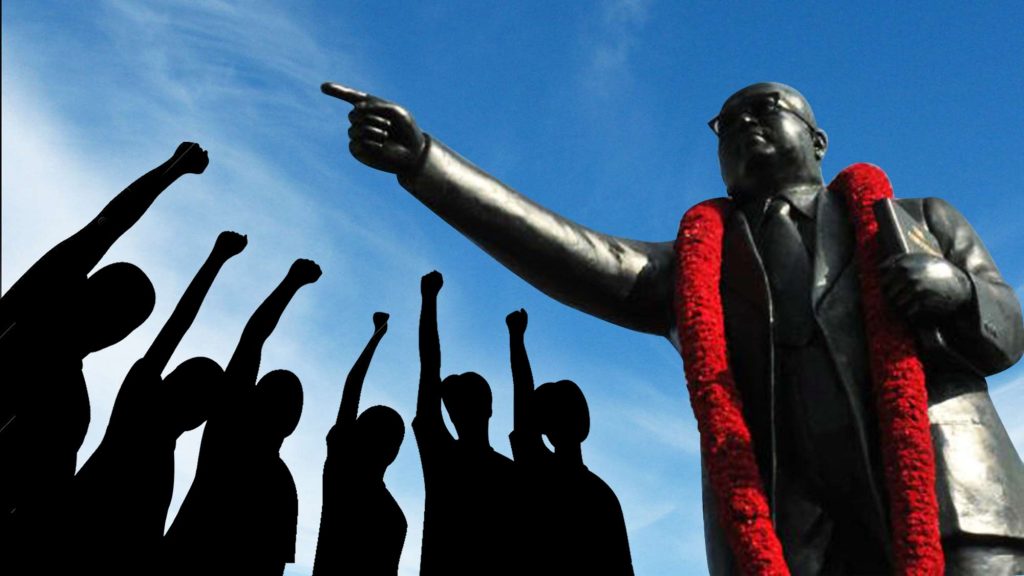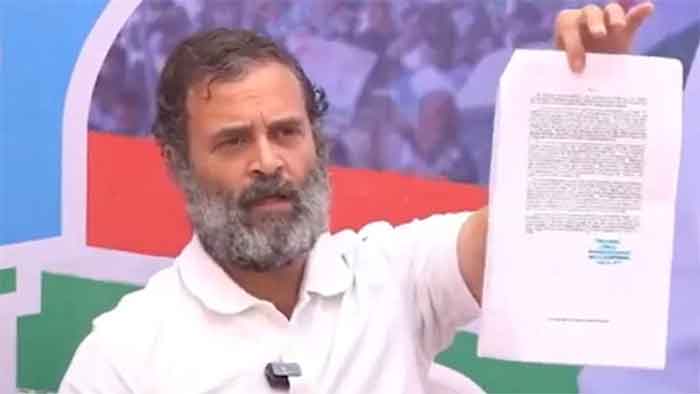
I beg to remain, SIR, Your most obedient servant, (Sd.) V.D. Savarkar, Convict no. 32778.
An old saying: “When every record leaps to light, they shall ever be shamed.” In V.D. Savarkar’s case, every record disclosed exposes his deceit, venom and addiction to murder.
Here is a list of the apologies and undertakings which Savarkar offered from 1911 to 1950, a heroic record of four decades for which his portrait was put up in Parliament House by his political heirs to face that of the man he had conspired to kill – Gandhi:
- Savarkar was lodged in the Cellular Jail on July 4, 1911. Within six months, he submitted a petition for mercy.
- Savarkar had submitted his second mercy petition on November 14, 1913: “I am ready to serve the Government in any capacity they like… . Where else can the prodigal son return but to the parental doors of the Government?”, the `revolutionary’ and `nationalist’ wrote.
- “Two petitions were received from Vinayak Damodar Savarkar – one in 1914 and another in 1917, through the Superintendent, Port Blair. In the former he offered his services to Government during the war in any capacity and prayed that a general amnesty be granted to all political prisoners. The second petition was confined to the latter proposal”: The Home Member Sir William Vincent in the Imperial Legislative Council. Thus there was one in 1917 besides that of 1913 which is perhaps the one Vincent referred to as one of 1914.
- He begged for “a last chance to submit his case before it is too late” on March 30, 1920. “I am sincere in expressing my earnest intention of treading the constitutional path and trying my humble best to render the hands of the British dominion a bond of love and respect and a mutual help. Such an Empire as is foreshadowed in the Proclamation wins my hearty adherence.” I beg to remain,SIR,Your most obedient servant, (Sd.) V.D. Savarkar, Convict no. 32778. (National Archives of India).
- The pattern of demeaning apologies and abject undertakings is reflected in all undertakings that followed including the one he gave in 1924 which was published in Frontline (April 7, 1995).
- On February 22, 1948, to the Commissioner of Police, Bombay, in order to avert prosecution for Gandhi’s murder: “I shall refrain from taking part in any communal or political public activity for any period the Government may require.”
- On July 13, 1950, to Chief Justice M.C. Chagla and Justice P.B. Gajendragadkar of the Bombay High Court: “… would not take any part whatever in political activity and would remain in my house in Bombay” for a year. He resigned as president of the Hindu Mahasabha.
Reference: “Savarkar’s mercy petition” by A. G. Noorani/ Frontline/ April 08, 2005/ Updated Aug 17, 2022.
Sankara Narayanan,Political commentator, Erode .E-Mail: [email protected].














































